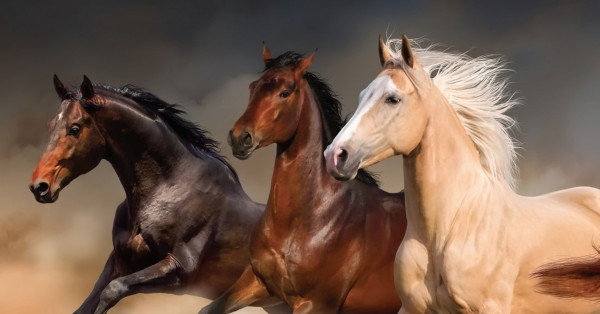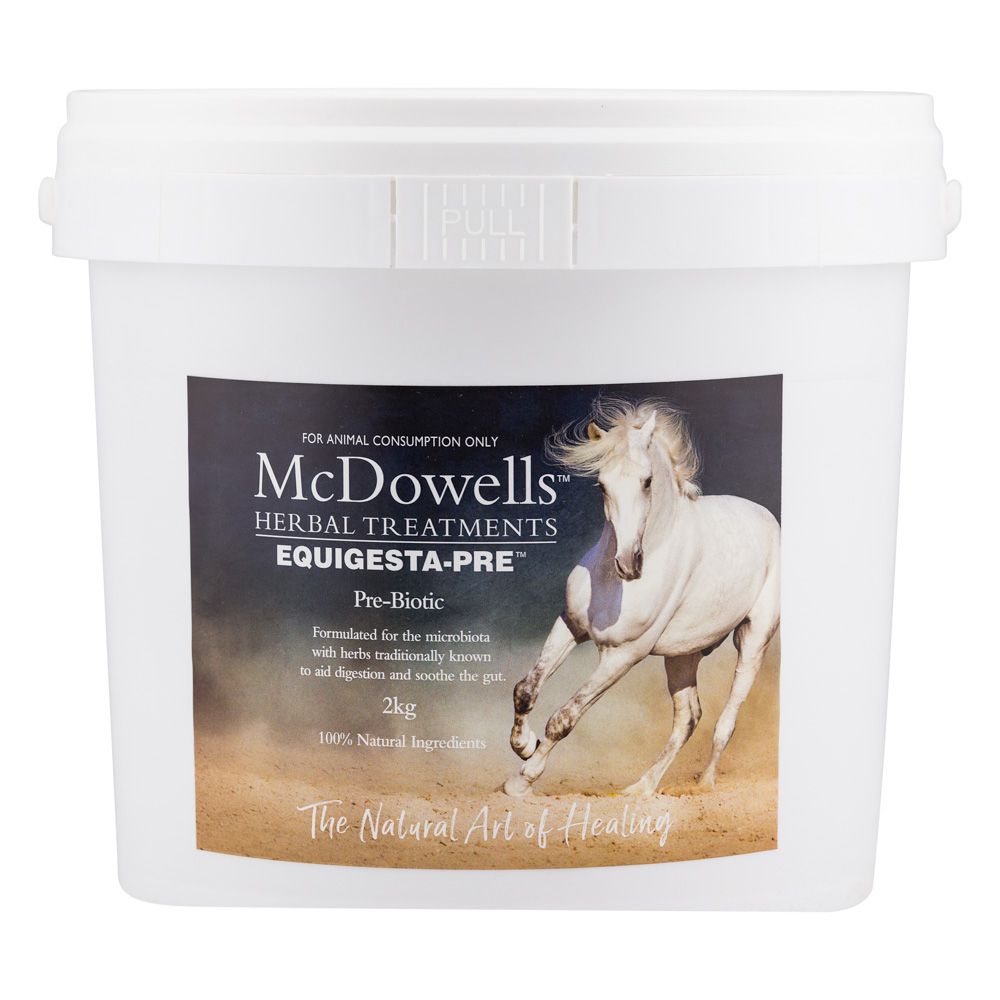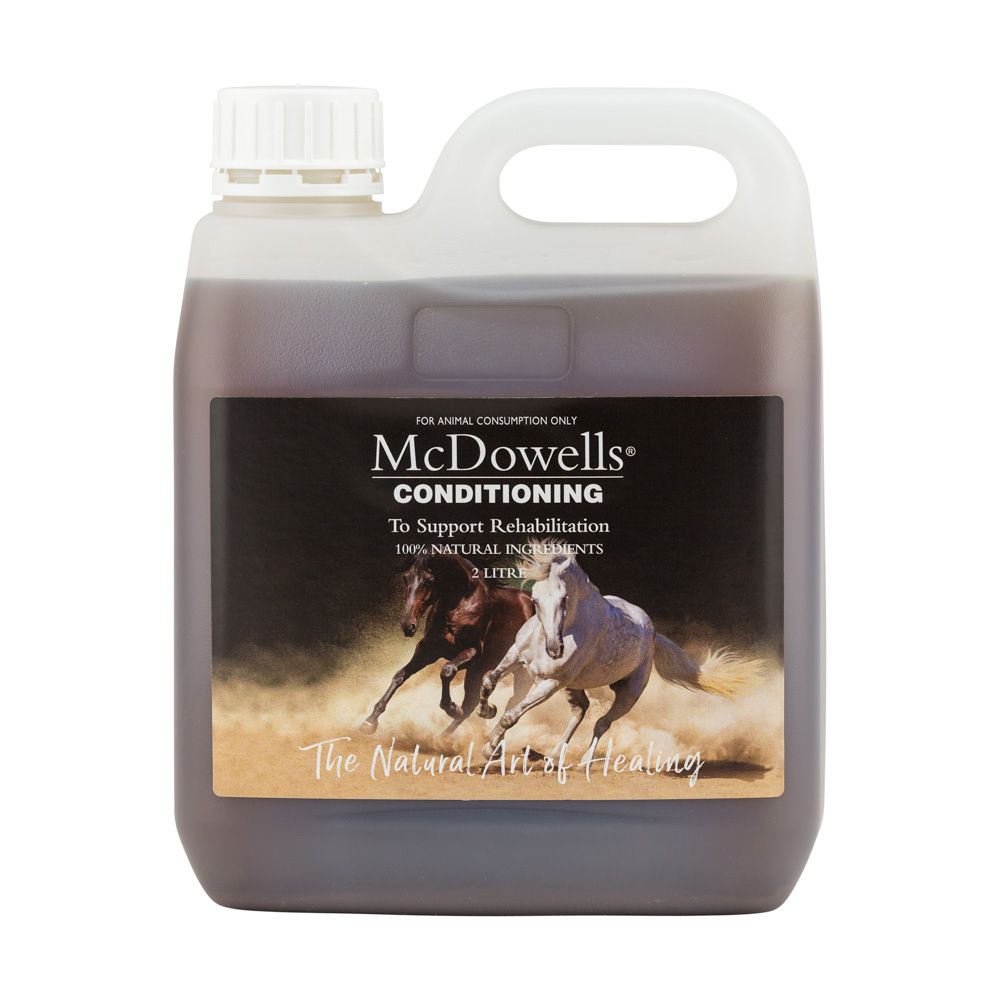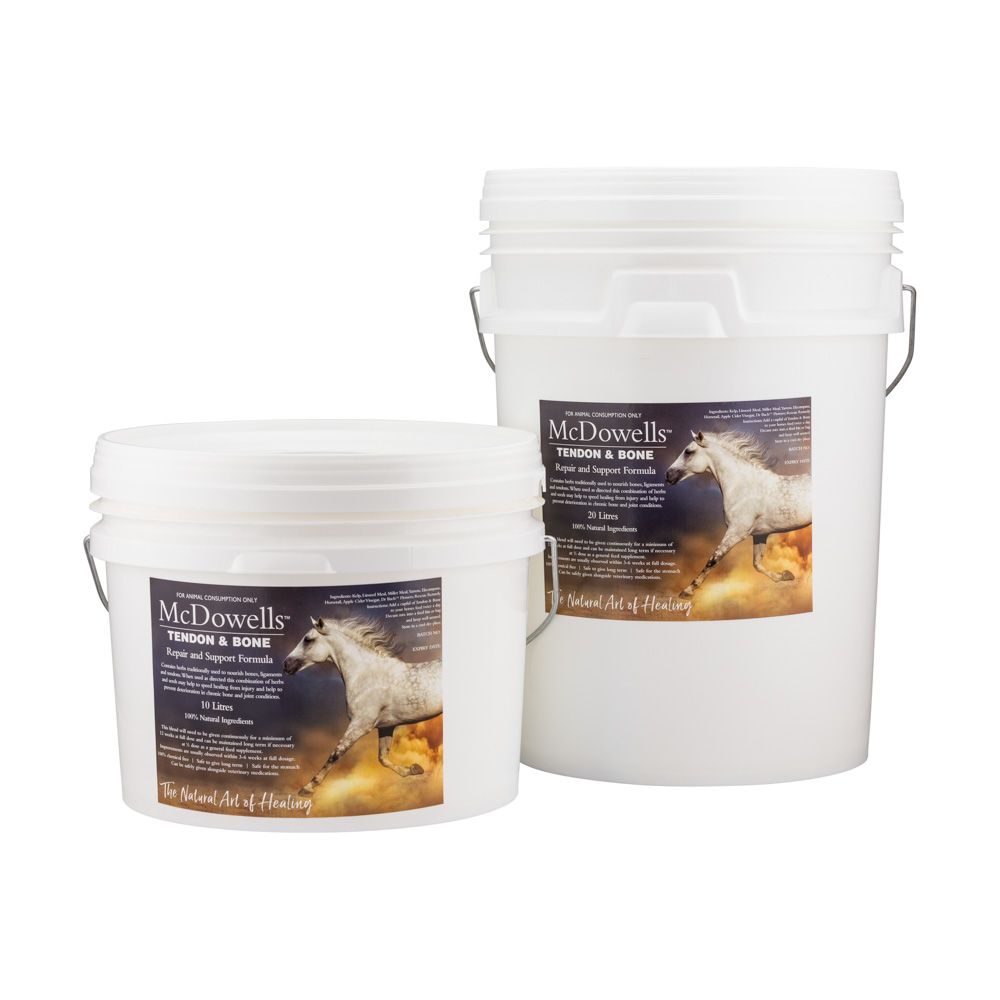As a keen and long-time horse owner I am often surprised by the new generation’s lack of understanding that a horse is an investment for life, as is our dog, child or dare I say it, a relationship with a significant other.
How healthy we are in relationship to our world is very much reflected in the attention we give our horses and environment. A lack of “right relationship” results in countless horses (earthly resources) used up from competition or racing and then discarded to the Dark Side of the horse industry- the sale yards and a destination unknown.
It is a sad fact of life that horses, being such a large animal require a huge investment of time and knowledgeable care, not to mention the cost of land nowadays. Horses are often seen in the most atrociously neglectful circumstances simply because hard times have meant no easy solution for their owners, abandonment seemingly the easy option. A tragedy for all concerned.
If we are in the privileged position of owning a horse one of the best investments we can make is to ensure that they are healthy and trained well so that should you ever have to make the difficult decision to sell or re-home them, your horse is more likely to be guaranteed a good home.
STARTING FROM THE GROUND UP
The land that you keep your horse on is critical to understand when thinking about prevention of disease. Soil type, the diversity of plants and chemical history is something that I feel is not well considered when looking at agistment centres or areas of land to buy when looking for accommodation for your new horse.
If you can get this right you will be 99% on the way to preventing disease caused by toxins, poor fencing and inappropriate pasture. Horses are best kept on poorer pasture, with little superphosphate history. Dangerous weeds should be mowed, pulled or competed out with low GI grasses like phalaris and other native grass varieties best for the region.
Testing pasture for deficiency or excess vitamins and minerals is a good idea. However, don’t be tempted to “balance” the pasture with synthetic vitamins and minerals too quickly. The only pasture that requires this kind of balancing act is a high oxalate one, where providing calcium and magnesium rich feed is essential. Otherwise treating the soil first with soil conditioners is your first job!
Feed supplementation should be done on an individualised basis using herbs and whole feeds. Mineral supplements can be useful. Vitamin supplements (Vit A, B, C, D and K) are generally not needed especially if they are synthetically derived. If you get a basic herb combination correct you can support the gut health and the microbiota which will supply a lot of the essential trace elements, vitamins and peak nutrition required for optimum health.
Gut health - The Microbiome
You may have read my previous articles on the microbiome and the inroads being made in understanding human and horse microbial populations and the impact that healthy microbiomes have on the wholistic health picture - hence why we start with the soil! You can see the article here
Gut health can be seriously improved with some lovely herbs and natural minerally rich clays. We have a new product called Equigesta-pre, which contains Brewer’s yeast (as a source of selenium and pre-biotic), Fennel powder (traditionally used as pancreatic support and digestive improver), Liquorice powder (tones the gut wall as well as adrenal support), Chamomile as a parasympathetic support as well as Slippery Elm and Aloe Vera powder to support and nourish Mucin production in the whole of the GIT.
The results we are seeing from a very small amount of this 100% natural powder, given daily in the horse feed, is demonstrating, yet again, that appropriate amounts of the correct herbs will offer amazing health benefits such as obviously reducing systemic inflammatory responses from metabolic toxins to easing pain from an inflamed gut.
Agelessness is all about the anti-oxidants and oils!!
Joints, ligaments, bones, tendons and connective fascia all need to be free from “sticky” inflammation and be well lubricated so connecting surfaces glide over each other easily.
When looking at cells and what they require for nourishment it is understandable that if you or your horse is dehydrated as well as have inflammatory responses occurring because of a sluggish elimination system or a highly processed diet, you and your horse will age very quickly and look stiff and sore, deteriorating slowly.
The best nourishment comes in the form of seed oils; providing essential fatty acids to keep everything well plumped up. Herbs high in silica aid tissue repair and using herbs high in Allantoin (a cell proliferant) is useful.
When thinking about what may age us or our horse, often it is assumed that once you reach a certain age you just start deteriorating – you know how it is - we reach for the reading glasses after age 50 - and we just assume that this is the way of it!
This is not true if you can keep the somatic system as clean and as well-nourished as possible with a clean environment and clean feed.
Adding whole herbs and seeds like ground Linseed and ground Rosehips is extremely beneficial. The lignin provides nourishing natural lubrication. Hormones responsible for suppleness and cellular repair are also being stimulated by the essential fatty acids ensuring that the DNA sequencing is correct.
Anti-Oxidants
Inflammation, toxins and insufficient nourishment are all responsible for aging and mutate the DNA that creates rouge cells (like cancer) or slow repair.
Super anti-oxidants (bioflavonoid compounds found in many foods) are well known to help protect the cells from oxidation and breakdown, another important point when discussing anti-aging in both people and animals.
Interestingly Oxygen is our friend in so many ways - but is the enemy to cells with no anti-oxidant protection (like a cancer cell) which is why increasing oxygen in your blood is a good thing to do to prevent cancer. However, this will also age your cells if you don’t have the anti-oxidants working to protect your healthy cells.
One of the highest quality super anti-oxidants well researched is Maritime Pine Bark extract. I wild craft this herb and manufacture this extract to be included in many of our human prescription products such as face creams and in our super immune booster and vitality formulas. I also use this herb as part of our cancer support programs in the cases of Melanoma and Squamous Cell Carcinoma.





